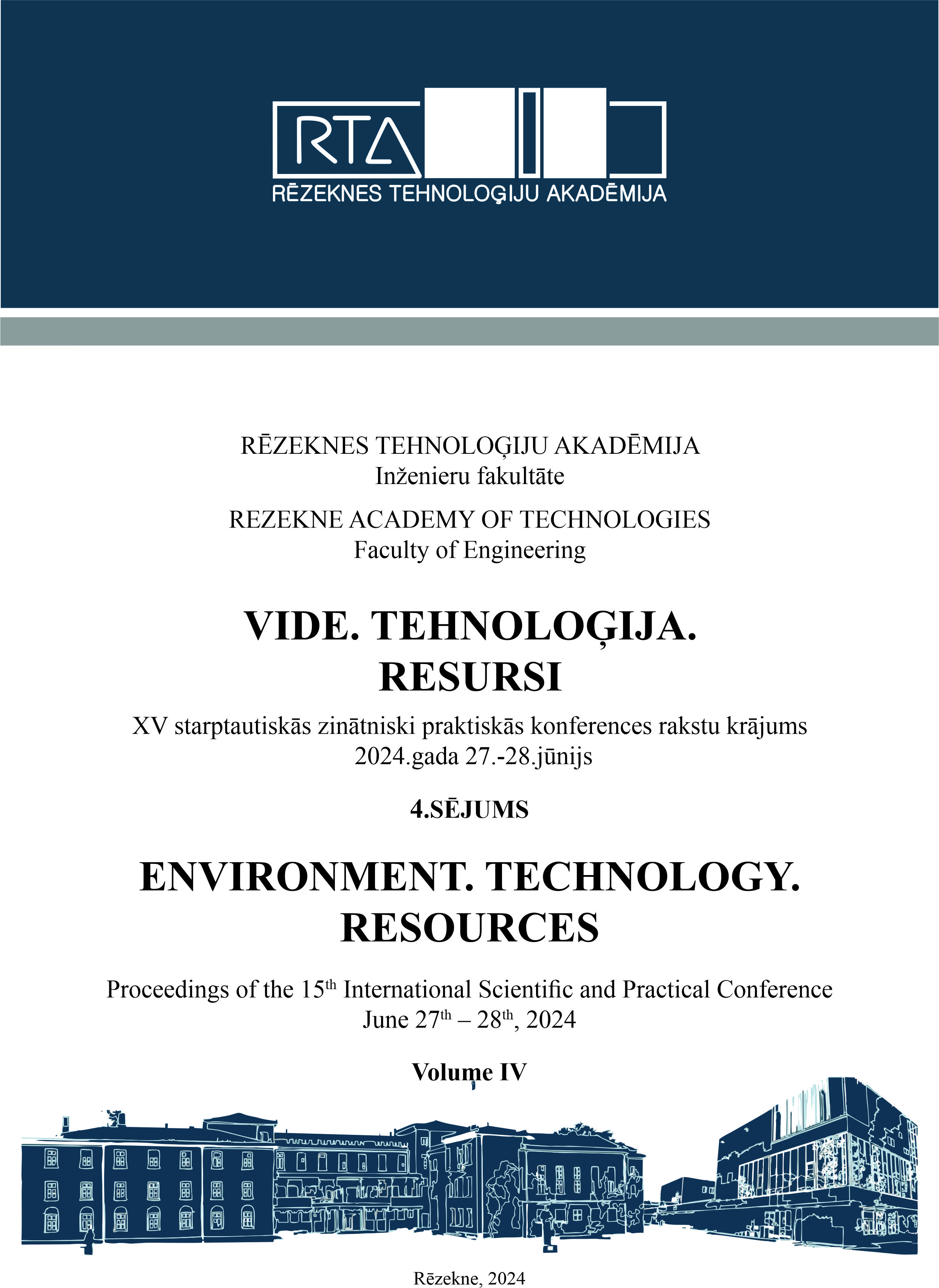ATTITUDES OF LATVIAN EXTERNAL BORDER CUSTOM OFFICERS TOWARDS WORK
DOI:
https://doi.org/10.17770/etr2024vol4.8200Keywords:
attitudes, custom employees, external borderAbstract
Topicality of the study: It is essential to understand what is important to employees, what their main motivation factors are, and the attitudes towards work. An employee's orientation towards processes, work, money, and results can significantly influence their performance and attitude towards work. The elements of this motivation shape employee's vision of their role in the organization and how they prioritize their responsibilities and goals.
The aim the study: To investigate the personal attitudes of Latvia's external border customs employees towards work.
Methodology: The main methodology employed in this research was an adopted version of O.Potemkina’s questionnaire “Diagnosis of socio-psychological attitudes of a person in the motivational-need sphere”. Out of the original 80 questions, 40 questions were selected and used according to the criteria (process, result, work, income).
Additionally, a comprehensive questionnaire was applied to categorize respondents based on various indicators, including marital status, educational level, and gender. This approach facilitated a thorough analysis of the correlations between the primary research questions and different aspects of the respondents' profiles.
Main findings: Women are more process-oriented, therefore more work with documents could be delegated to them, but on the other hand, men, being more result-oriented, and they are better positioned for roles in combating smuggling from a management perspective. Education is also of great importance, as it significantly changes the difference in results depending on the level of education.
This approach could be highly beneficial before a job interview as it would reveal the motivation of the potential employee. If financial considerations are the primary motivation for the applicant, it might indicate that such an employee may not work with the customs for an extended period.
Downloads
References
Muitas likums. Latvijas Vēstnesis, 119, 2016. Available: https://likumi.lv/ta/id/283024 [Accessed February 24, 2024].
Likums "Par Valsts ieņēmumu dienestu". Latvijas Vēstnesis, 105, 1993. Available: https://likumi.lv/ta/id/59902 [Accessed February 24, 2024].
N.Rudzītis and A. Cevers, “Development of Customs Fiscal
Function in Latvia”, Economics and Business, vol. 27, no. 1, pp. 23-28,
Available: https://sciendo.com/article/10.1515/eb-2015-0004 [Accessed February 24, 2024]. https://doi.org/10.1515/eb-2015-0004
О. Потемкина, “Методы диагностики социально-психологических установок личности”, Сб. Методы психологической диагностики, Под ред. В.Н. Дружинина, Т.В. Галкиной, вып.1, Москва: ИПРАН, 1993. с. 35-47.
A.Dodds, A. Farrington, P. Dowler, J. Carruthers, M.Bond, A. L. Jensen and U. Meiser “Get ready for a new mindset on women in customs leadership”. World Customs Journal, vol. 16, no 1, pp. 117-124, 2022. [Online], Available: https://worldcustomsjournal.org/Archives/Volume%2016%2C%20Number%201%20(Mar%202022)/1930%2002%20WCJ%20v16n1%20Dodds%20et%20al.pdf [Accessed: February 24, 2024].
“WCO Annual Report 2020-2021”, World Customs Organization, Brussels, Belgium, COMM 2021-1, р. 52, 2021. Available: https://www.wcoomd.org/-/media/wco/public/global/pdf/about-us/annual-reports/annual-report-2020_2021.pdf [Accessed February 24, 2024].
Downloads
Published
Issue
Section
License
Copyright (c) 2024 Vladislavs Sardiko

This work is licensed under a Creative Commons Attribution 4.0 International License.



